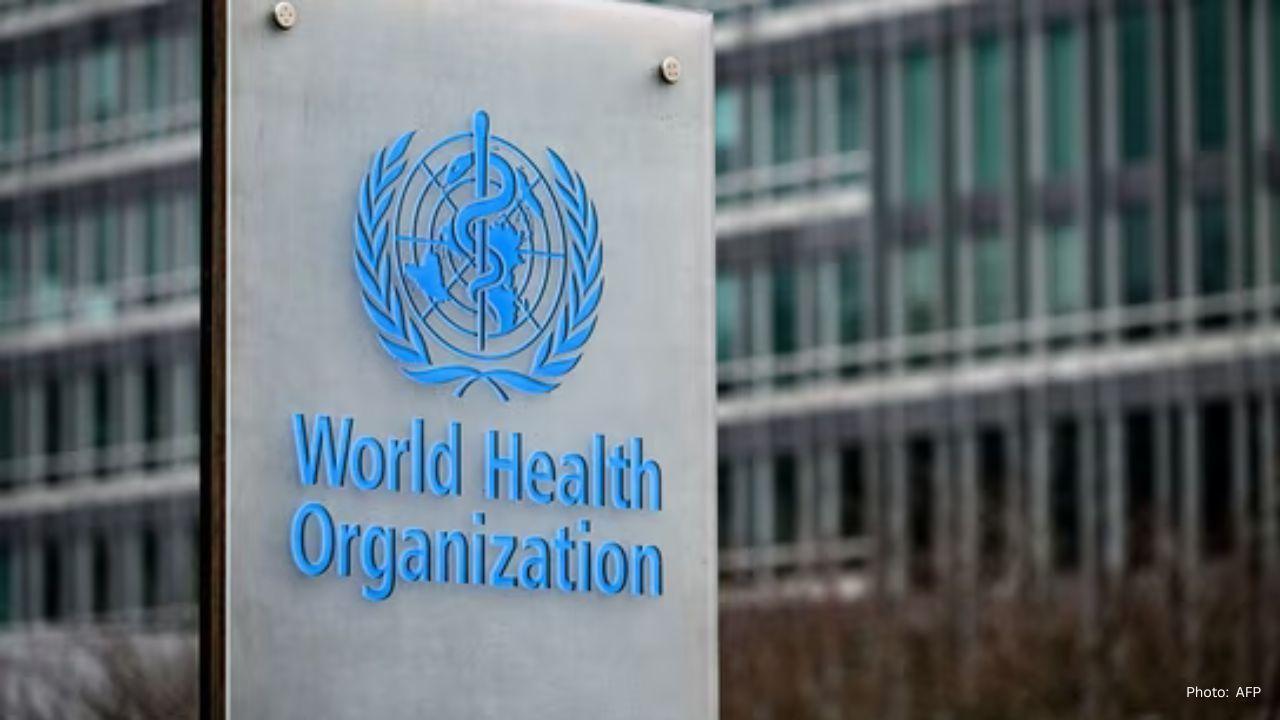
Post by : Saif Al-Najjar
World Toilet Day 2025 was recognized on November 19, serving as a stark reminder of the crucial role that clean and safe toilets play in promoting good health and human dignity. Despite the humor that may surround the concept of a day devoted to toilets, the matter is grave. The World Health Organization (WHO) has revealed alarming statistics that highlight an ongoing crisis in global sanitation.
As per WHO's findings, 3.4 billion individuals still lack access to safe toilet facilities. Nearly half the global population continues to rely on unsanitary or unsafe sanitation systems, resulting in serious health risks. Each year, around 1.4 million fatalities occur due to inadequate access to clean water, sanitation, and hygiene facilities, collectively referred to as WASH. Most of these deaths are preventable with access to proper toilet systems.
Diarrhoeal diseases are the leading cause of these preventable deaths. According to WHO, two-thirds of fatalities caused by poor sanitation stem from diarrhoeal infections, claiming the lives of over one million annually. Tragically, around 1,000 children under five years old succumb each day to diseases related to unsafe sanitation and contaminated water, despite the fact that these diseases can be treated and prevented.
The situation is exacerbated by climate change, as floods, droughts, and extreme weather events further undermine already fragile sanitation systems and worsen water scarcity. When safe water sources are diminished or polluted, families often resort to unsafe alternatives for drinking and cooking, increasing the likelihood of infections and long-term health complications. WHO emphasizes that access to proper sanitation is a fundamental human right, urging governments to ensure everyone has access to safe facilities, regardless of their location.
On this World Toilet Day, Dr. Rüdiger Krech, a senior WHO director, stressed that countries should prioritize rapid advancements and long-term strategies. He indicated that investing in modern, reliable toilets, especially in rural and impoverished areas, is essential for ensuring universal access to safe sanitation. Improved toilets can not only save lives but also enhance health outcomes and alleviate human suffering.
The sanitation crisis is particularly dire in parts of Africa, according to global data from the World Population Review. For instance, Niger has the highest percentage of people lacking toilet access, with 65% of its population without proper facilities. In numerous African and South Asian nations, infrastructural weaknesses, insufficient government financial support, and rapid population growth hinder necessary sanitation improvements. Many communities are still reliant on open defecation due to the absence of alternatives.
The repercussions of inadequate sanitation extend beyond health concerns. School attendance among girls declines significantly in the absence of toilets, especially during their menstrual cycles. Women face increased safety hazards when compelled to seek relief in open areas at night. Families divert limited financial resources toward treating avoidable illnesses that could be mitigated with basic services like clean restrooms, regular water supply, and proper waste management. The lack of toilets turns neighborhoods into breeding grounds for flies, mosquitoes, and germs, affecting the community’s overall well-being.
WHO has urged nations, leaders, and citizens to acknowledge the significance of basic yet transformative services like toilet facilities. Clean sanitation systems can diminish disease outbreaks, foster healthy childhood development, and enhance families' dignity in their day-to-day lives. Many experts emphasize that advancing sanitation is one of the most effective strategies to improve public health and combat poverty.
World Toilet Day 2025 reiterates that access to something as fundamental as a toilet must never be considered a luxury. Safe sanitation underpins health, education, gender equality, and sustainable development. Although the challenges are significant, ongoing investments, thoughtful planning, and determined political will can pave the way to a future where no child or adult has to face life-threatening situations due to the absence of this basic necessity.










New Zealand Clinches ODI Series with Win Over West Indies in Napier
New Zealand beats West Indies by five wickets in the second ODI, securing a 2-0 series lead. Devon C

Bengals' Ja'Marr Chase Faces One-Game Suspension for Spitting
Cincinnati Bengals' Ja'Marr Chase receives a one-game suspension after spitting at Jalen Ramsey duri

England's 12-Man Squad Unveiled for Opening Ashes Test in Perth
England has revealed its 12-man squad for the first Ashes Test in Perth, highlighting Shoaib Bashir

Roger Federer Inducted into Tennis Hall of Fame in Inaugural Year
Tennis star Roger Federer is inducted into the Hall of Fame, celebrating his impactful career alongs

Steve McClaren Quits as Jamaica Head Coach Following World Cup Standoff
Steve McClaren exits Jamaica's coaching role after a draw with Curacao, leaving the team to vie for

Daryl Mitchell Tops ODI Rankings as ICC Updates
Daryl Mitchell claims the No.1 ODI spot, marking a significant change in the ICC rankings for variou